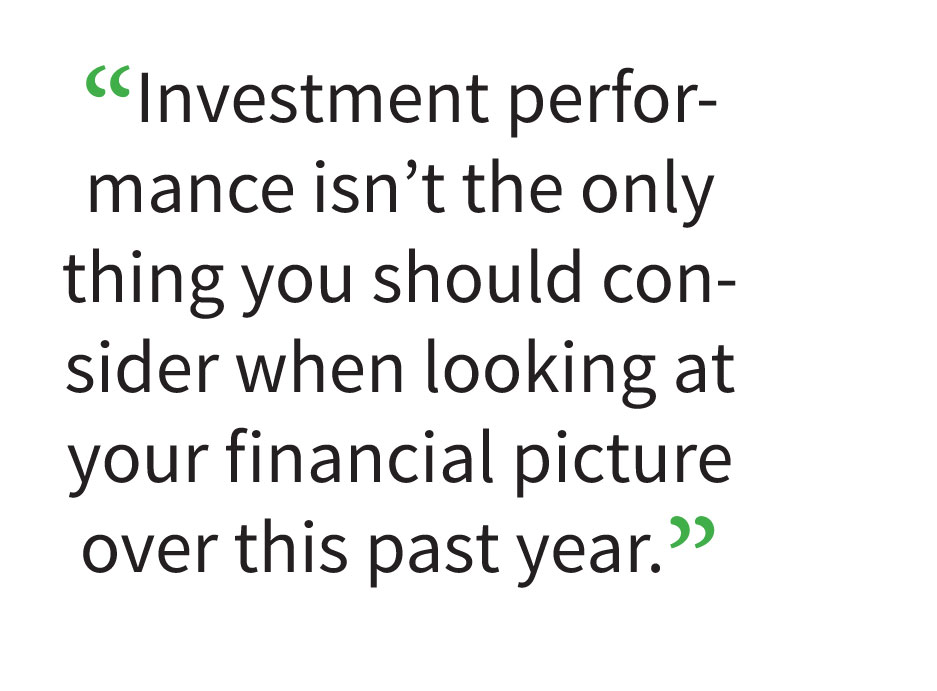Published in the September 12 – 25, 2018 issue of Morgan Hill Life
 In this economic climate, it can be challenging for Morgan Hill residents to achieve their financial objectives. Fortunately, you don’t have to go it alone — but when should you seek help?
In this economic climate, it can be challenging for Morgan Hill residents to achieve their financial objectives. Fortunately, you don’t have to go it alone — but when should you seek help?
Here are some of the key life events in which you might be able to benefit from the services of a financial professional:
First professional job — Eventually, you will land that first job, which will likely offer benefits and a 401(k) or similar employer-sponsored retirement plan. Since you may not have any experience with a 401(k), you may have several questions: How much should I contribute? What sorts of investments should I choose? When should I change my investment selections? A financial professional can help you review your plan and explain the aspects that may affect your investment choices.
Marriage — When you get married, you and your spouse may decide to merge your finances, including your investments. But if each of you brings similar investments to the table, you might create some redundancies. A financial professional can look at your respective portfolios and recommend ways to diversify. Generally, the more diversified you are, the greater your protection against market downturns that primarily hit one type of asset class. (However, while diversification can help reduce the impact of market volatility, it can’t guarantee profits or protect against all losses.)
Children — Once you have children, you’ll have new responsibilities — and you’ll have some new financial issues that should be addressed. If something happened to you, could your children still have the same lifestyle and educational opportunities? Would they even be able to stay in the same home? To help ensure your children’s security, you may need to add more life and disability insurance. While life insurance could help pay for your children’s education, you also should prepare for education costs as if you will be around. So you may want to consider an education savings investment such as a 529 plan. A financial professional can help you with your insurance and education-funding needs.

These aren’t all the life events that may lead you to contact a financial professional, but they should give you a pretty good idea of the type of assistance you could expect over time. So, consider reaching out for the help you need, when you need it. Doing so could help make your life easier as you move toward your financial goals.
This column was written by Edward Jones for use by local Edward Jones Financial Advisor Marisa Otto, CFP, Financial Advisor, Edward Jones. She can be reached at (408) 778-4400, or at marisa.o [email protected] or visit www.edwardjones.com. Edward Jones is a licensed insurance producer in all states and Washington, D.C., through Edward D. Jones & Co., L.P. and in California, New Mexico and Massachusetts through Edward Jones Insurance Agency of California, L.L.C.; Edward Jones Insurance Agency of New Mexico, L.L.C.; and Edward Jones Insurance Agency of Massachusetts, L.L.C.






